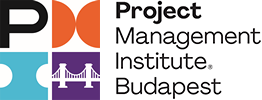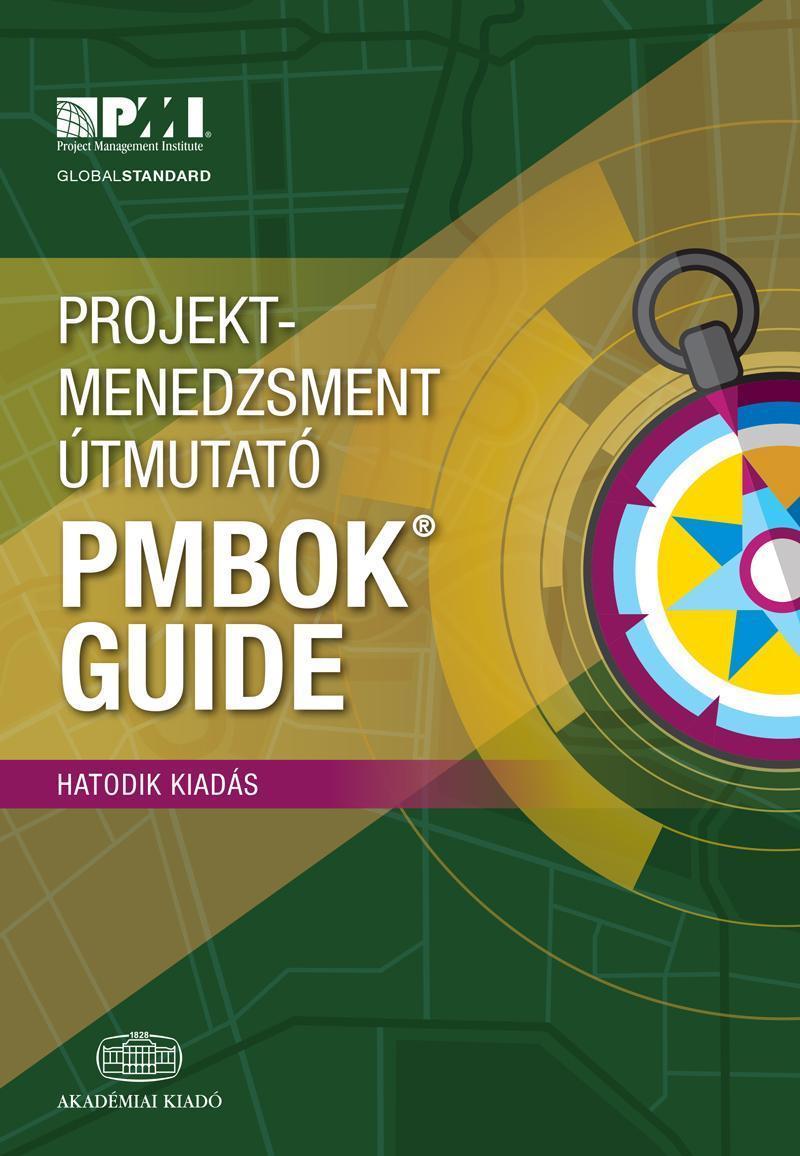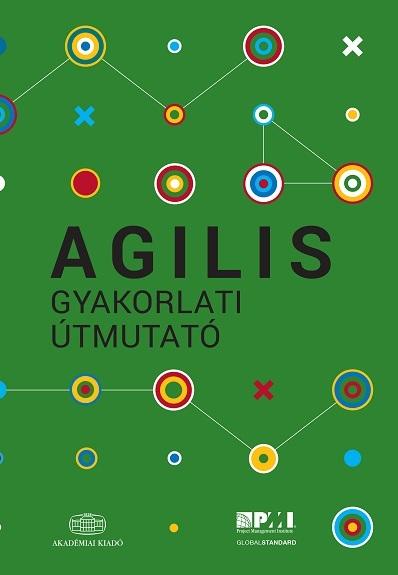Featured Articles and News
Hungarian PMBOK® Guide Translation Launched
In the presence of nearly 300 participants the unofficial Hungarian translation of PMBOK® Guide 6th edition was launched in November, during the 7th Art of Projects Conference in Budapest.
After more than a year of hard work, this was the largest translation project of the 16 years old Hungarian Chapter called PMI Budapest, winner of the Chapter of Year Award 2019 in Category I (with 25-300 members). The Hungarian version of the latest PMBOK® Guide has been published in cooperation with the leading Hungarian academic publishing house of the Hungarian Academy of Sciences, “Akadémiai Kiadó”, which has been operating since 1828.
This translation is not the first book published by the Chapter. The very first project, started more than ten years ago, was the translation of the PMBOK® Guide 3rd edition launched in 2006, followed by the Hungarian version of Alfonso Bucero and Randall L. Englund’s book with the title Project Sponsorship in 2009, and by PMI’s Standard for Portfolio Management in 2011. The next achievement was the translation of the PMBOK® Guide 5th edition with a downloadable practical supplement in 2013. The last project was the Hungarian version of the Agile Practice Guide in December 2018. Each of these books was made based on the local project management community’s work and proved to be very popular in the Hungarian book market.
The first task of the first translation project was to review and, where necessary, clear or create Hungarian project management terminology. It was of basic importance because of the lack of accurate and widely accepted Hungarian translations of many of the English terms. The committee working on the Hungarian terminology, after many debates, finally reached some kind of consensus. The Hungarian editions of the books listed above put forward the suggestion to create the Hungarian nomenclature, aiming to promote its usage within the profession. During the translation projects the terminology has been improved and expanded every time. The concepts proposed earlier are widely used today.
The project followed a well-established working method developed in previous similar projects. The translation work itself had three phases. The first version of the translation was made by Balázs Horváth PMP®, PMI-ACP based on the agreed terminology and using parts of the translation of the previous edition, where possible. This draft translation was already of very good quality. During the second phase the translation of each chapter was proofread by volunteering contributors, by PMPs and university people. The last phase was the final integration and editing of the text by Lajos Pálvölgyi PMP® (who was the leader of the whole project), paying special attention to making the translation consistent in all the chapters and agreed the wording with the professional lector of the publisher. Based on this strict quality management process we believe to have published a very good translation.
The results of the book translation projects prove that working with a professional publishing house was a good idea. We managed to find a funding scheme that was adaptable to the Hungarian Chapter and also met the business expectations of the publisher. Work was divided according to competence; both partners did what they were good at. Editorial quality management in order to keep the academic rules of the Hungarian language, moreover implementation, marketing and distribution were the tasks of the publisher. Besides professional tasks the Chapter also enhanced distribution through its own network of business relations (so it will get commission on sales in the future).
The translation of the latest PMBOK® Guide had been much awaited, and as a result of the Chapter’s contribution to distribution a significant portion of the first printing had been sold before the launch of the book. The same was the case with earlier book translations. As this edition also includes some updates to Hungarian project management terminology, the team is looking forward to the reaction of the profession. (For further information see: www.pmi.hu)
Dr. Lajos Pálvölgyi PMP®





